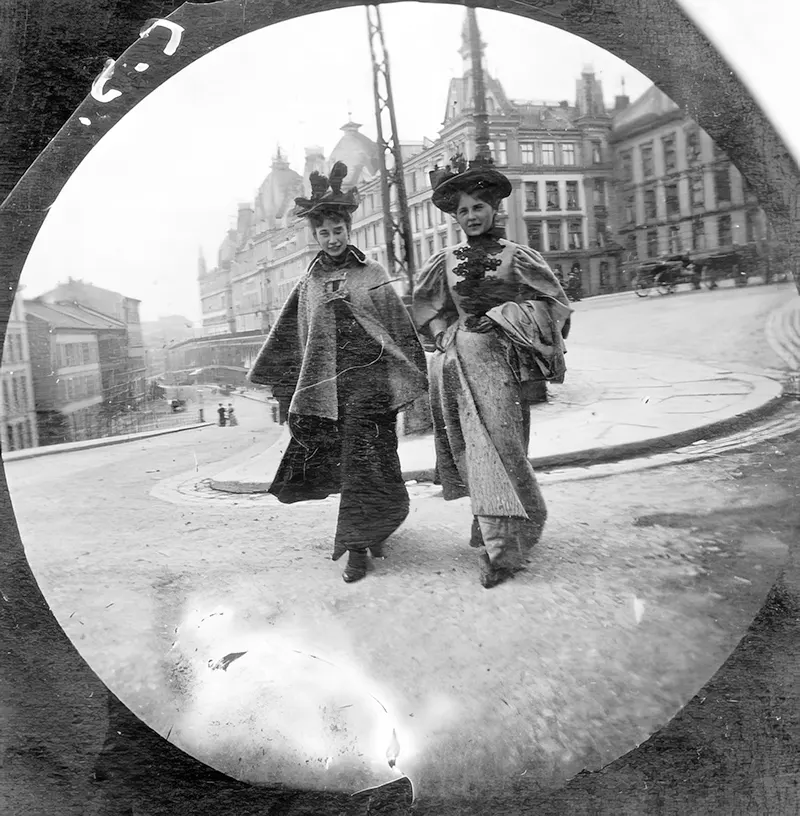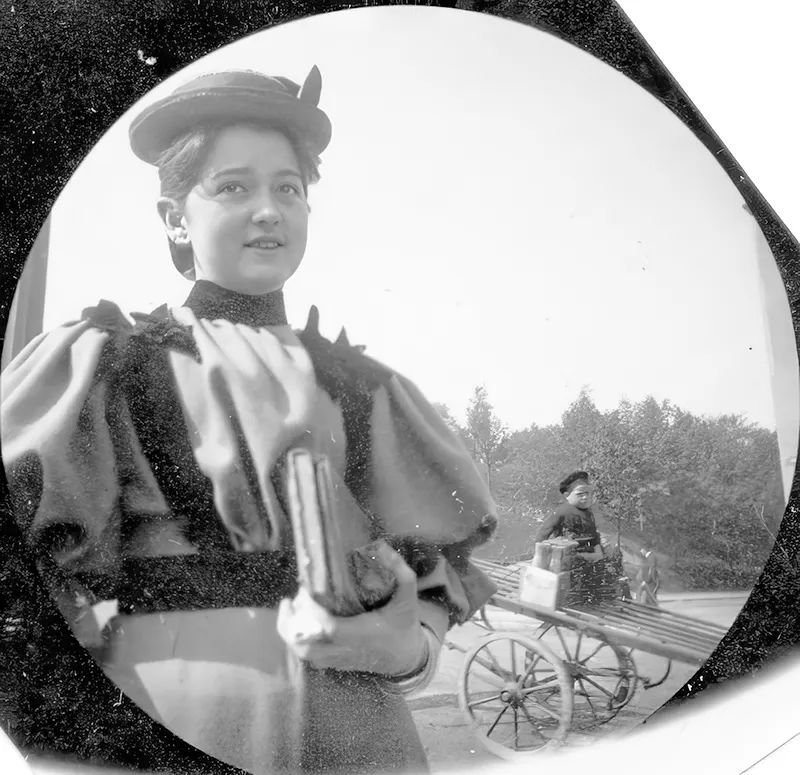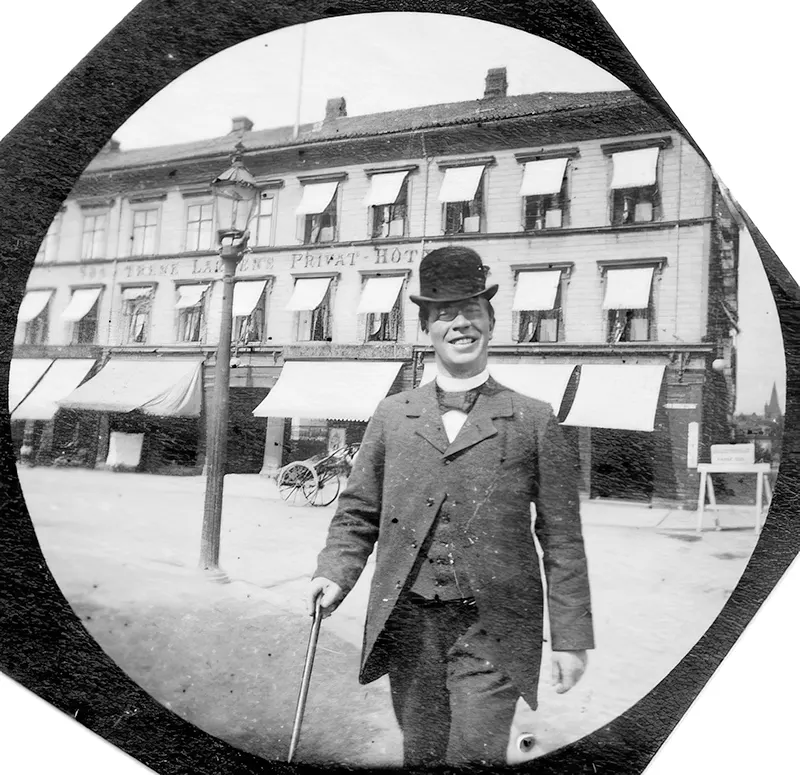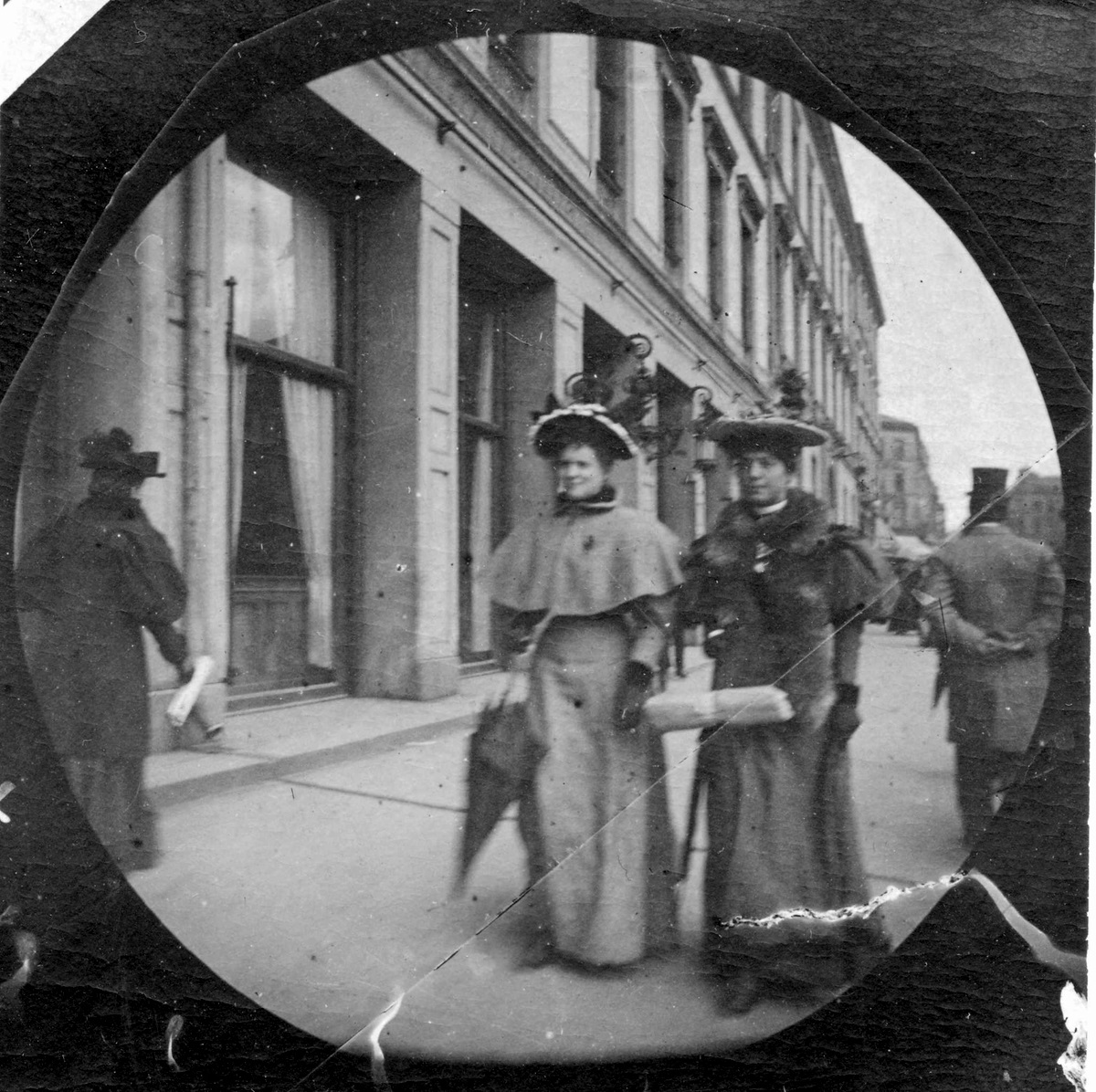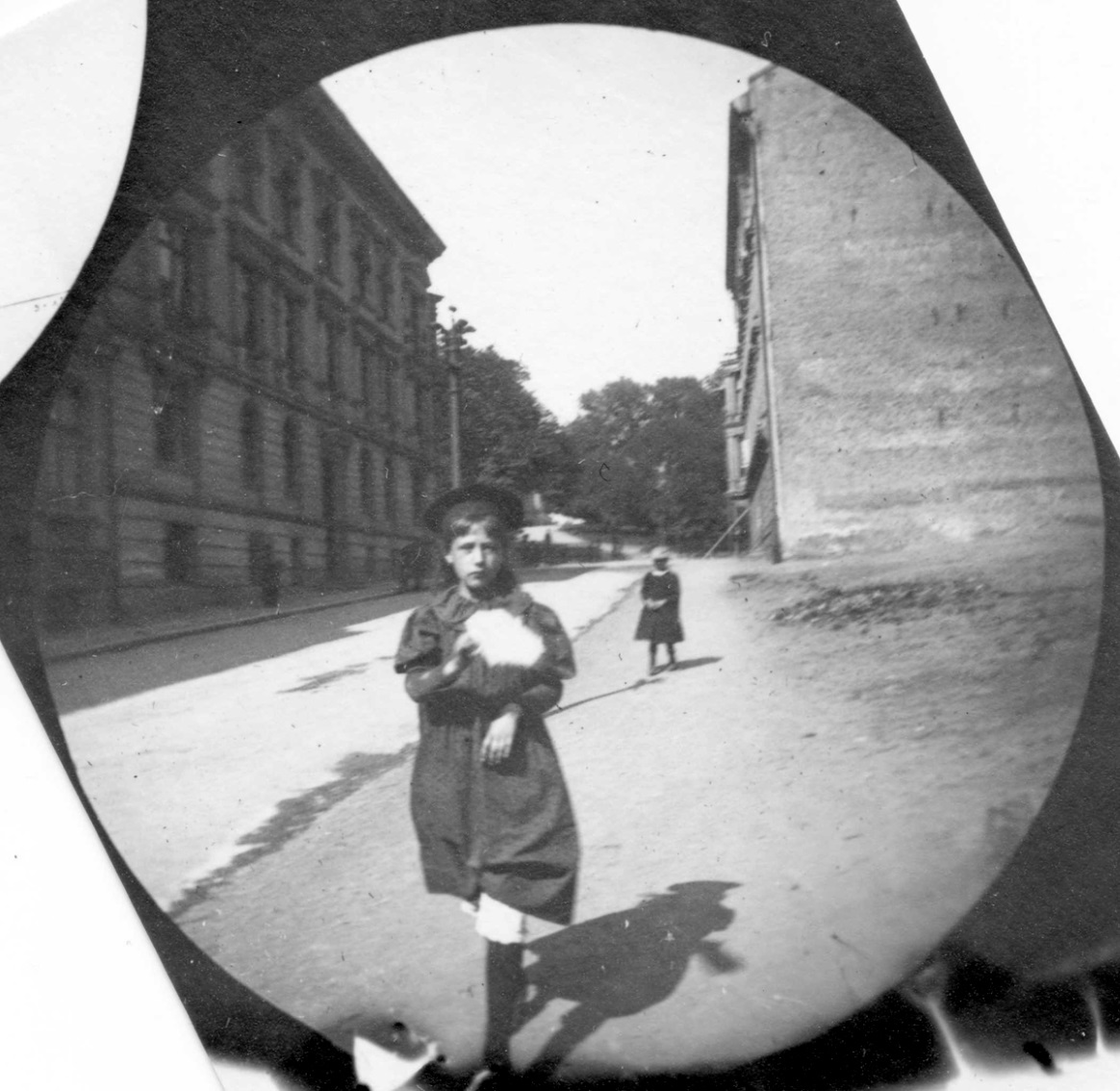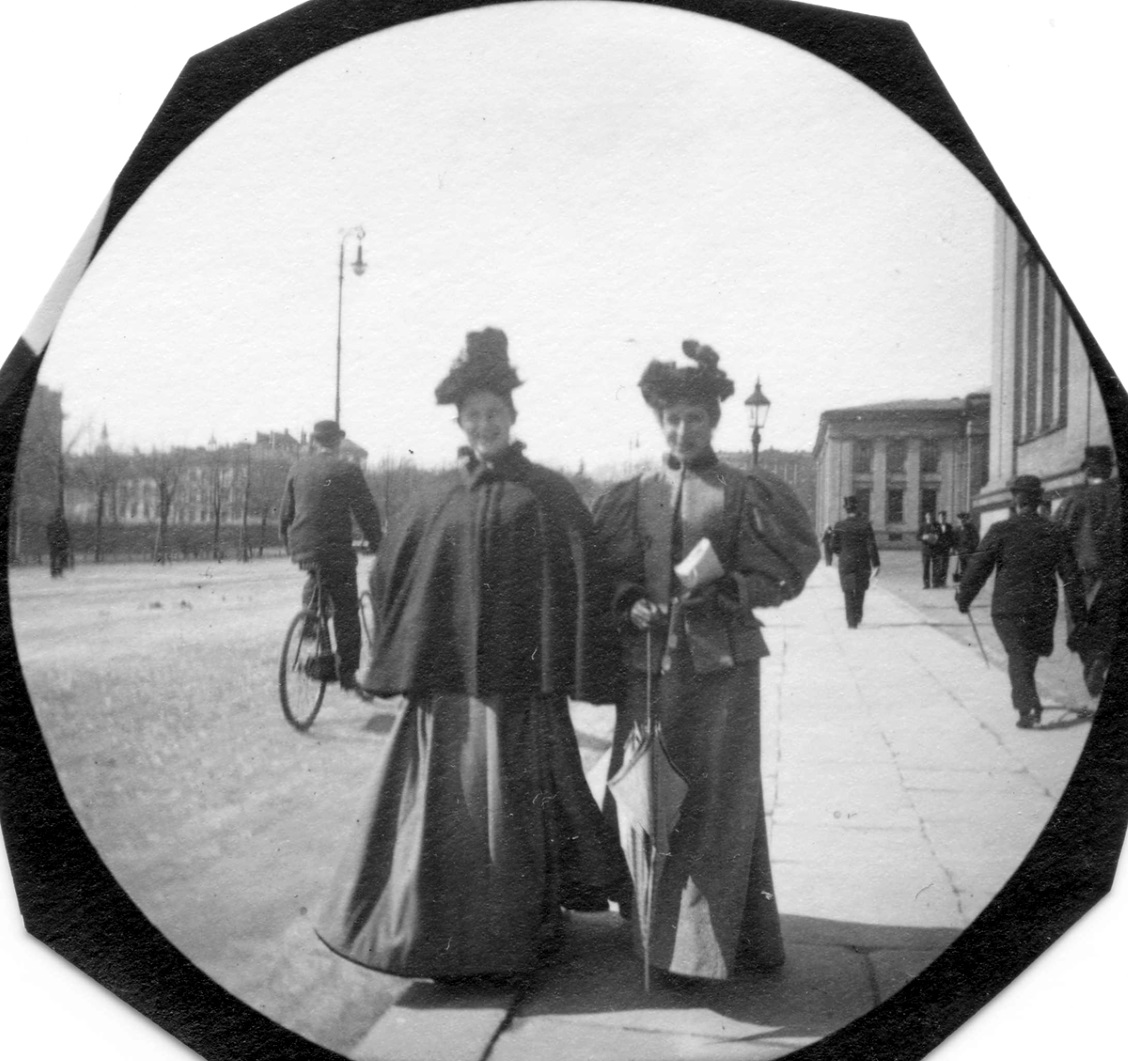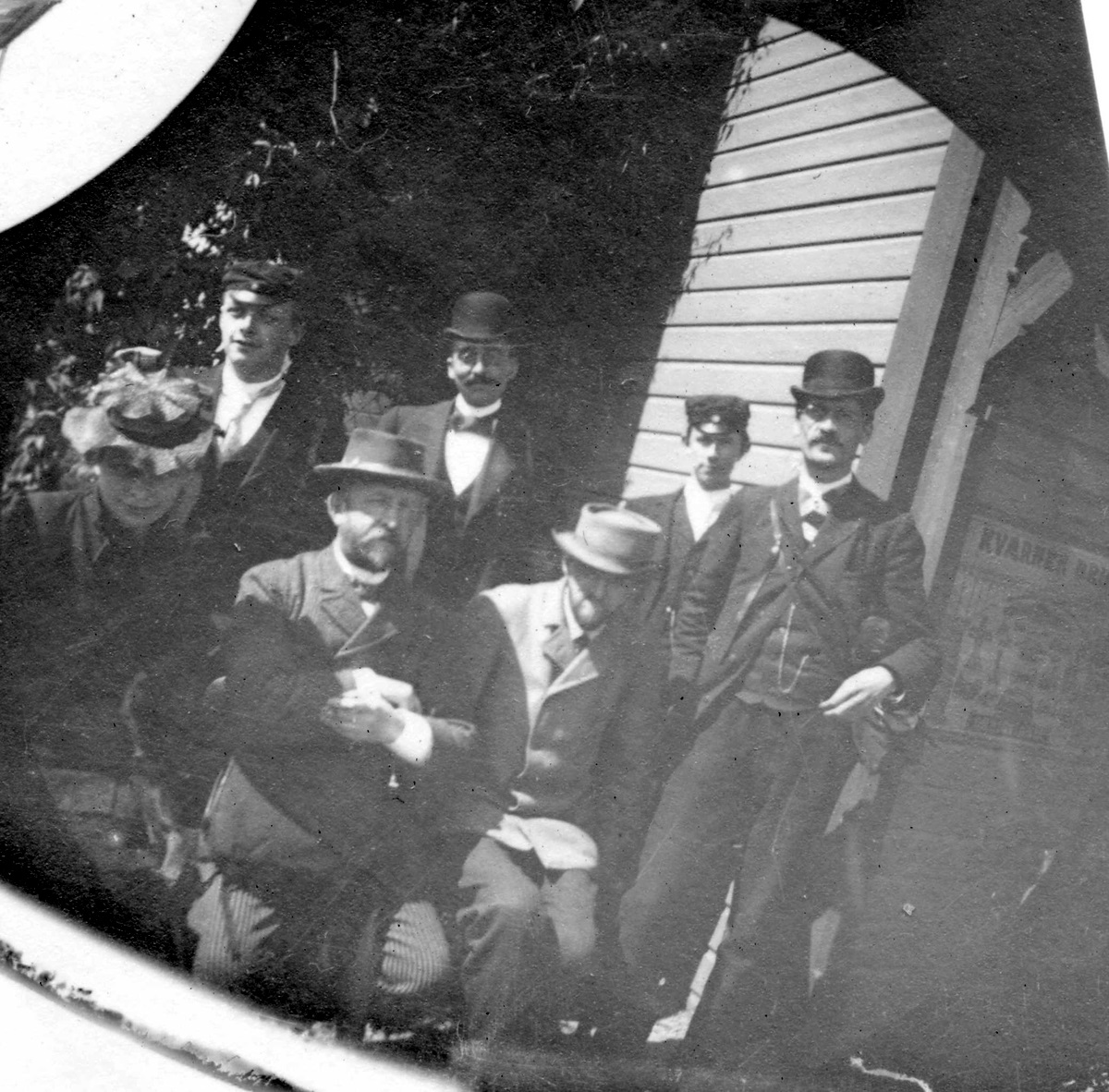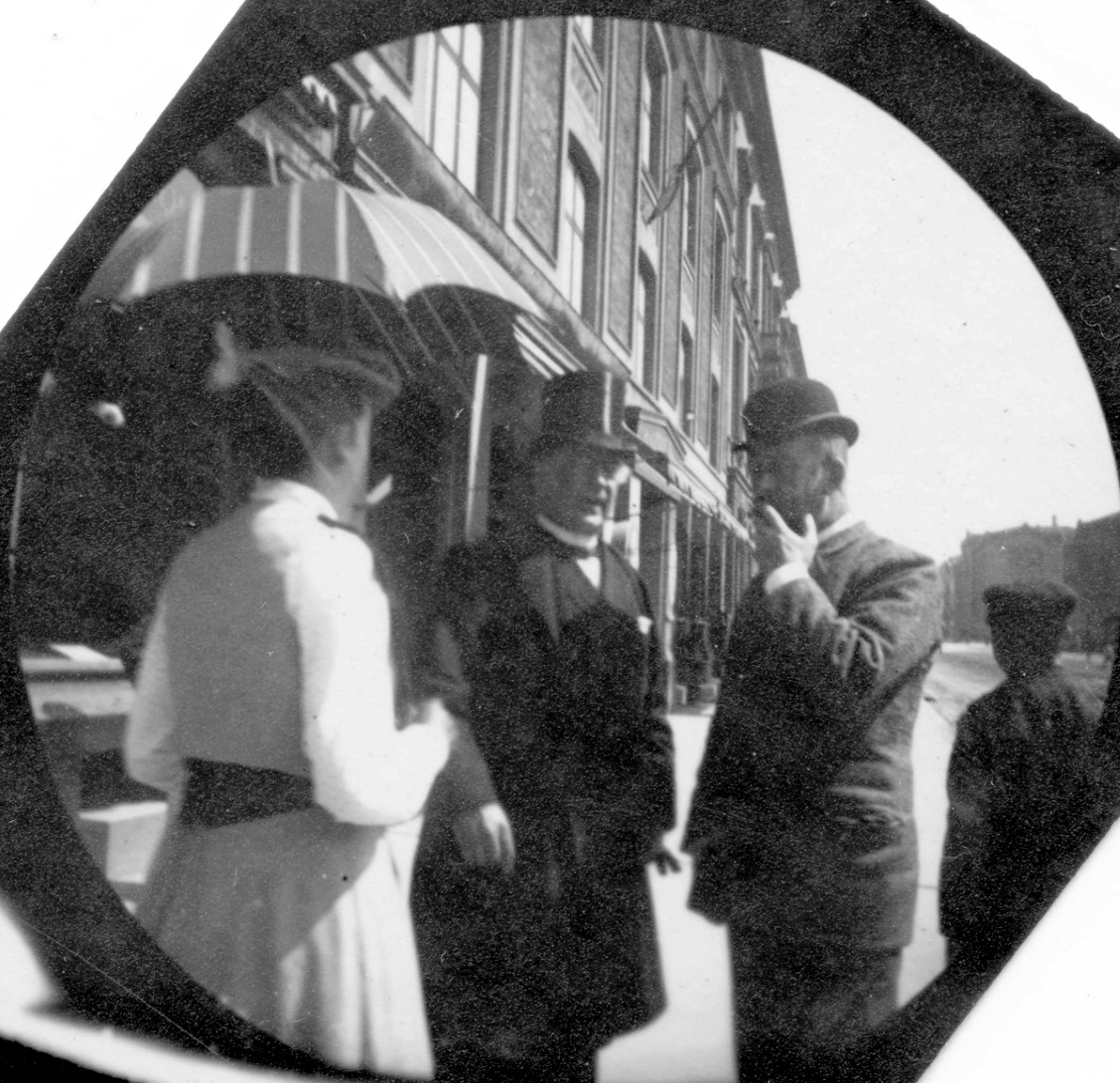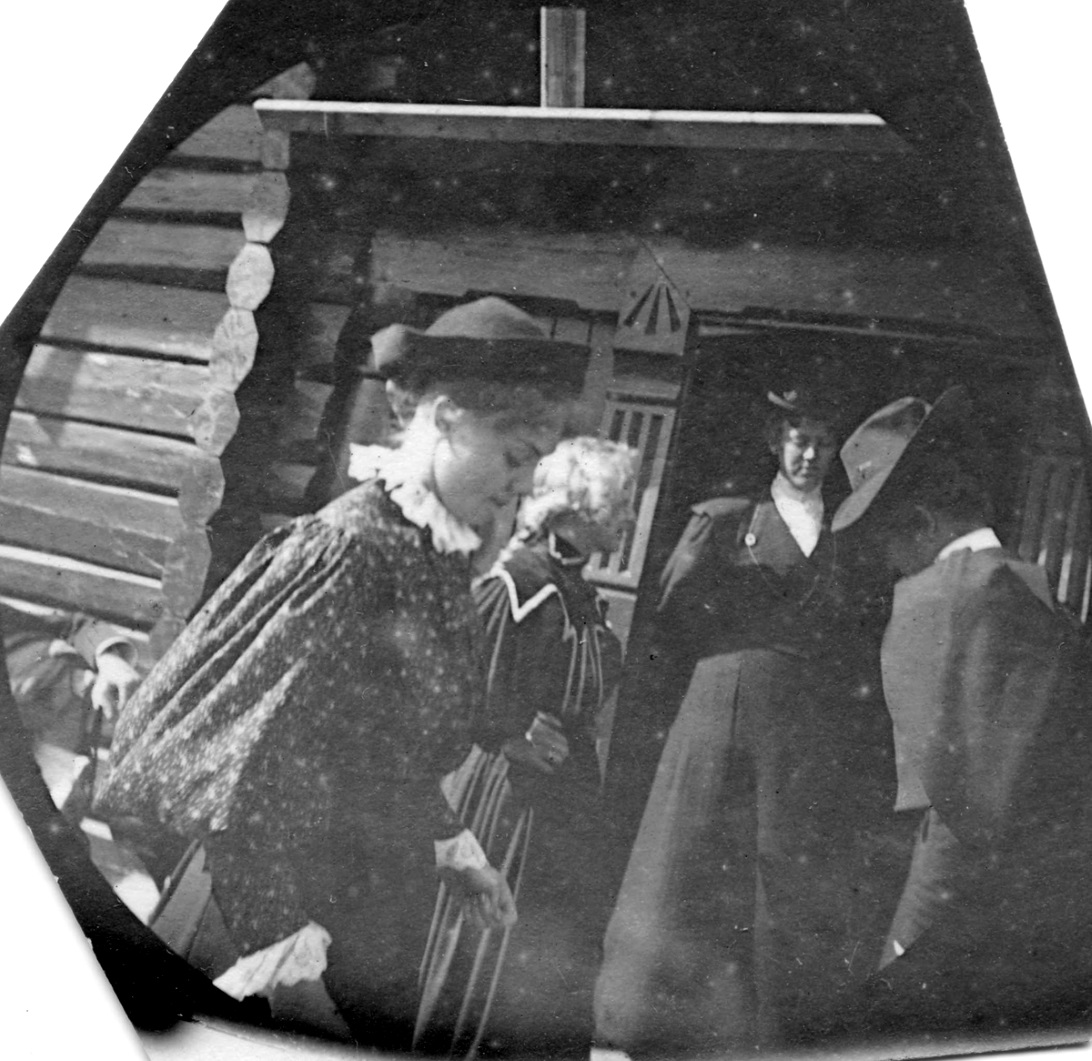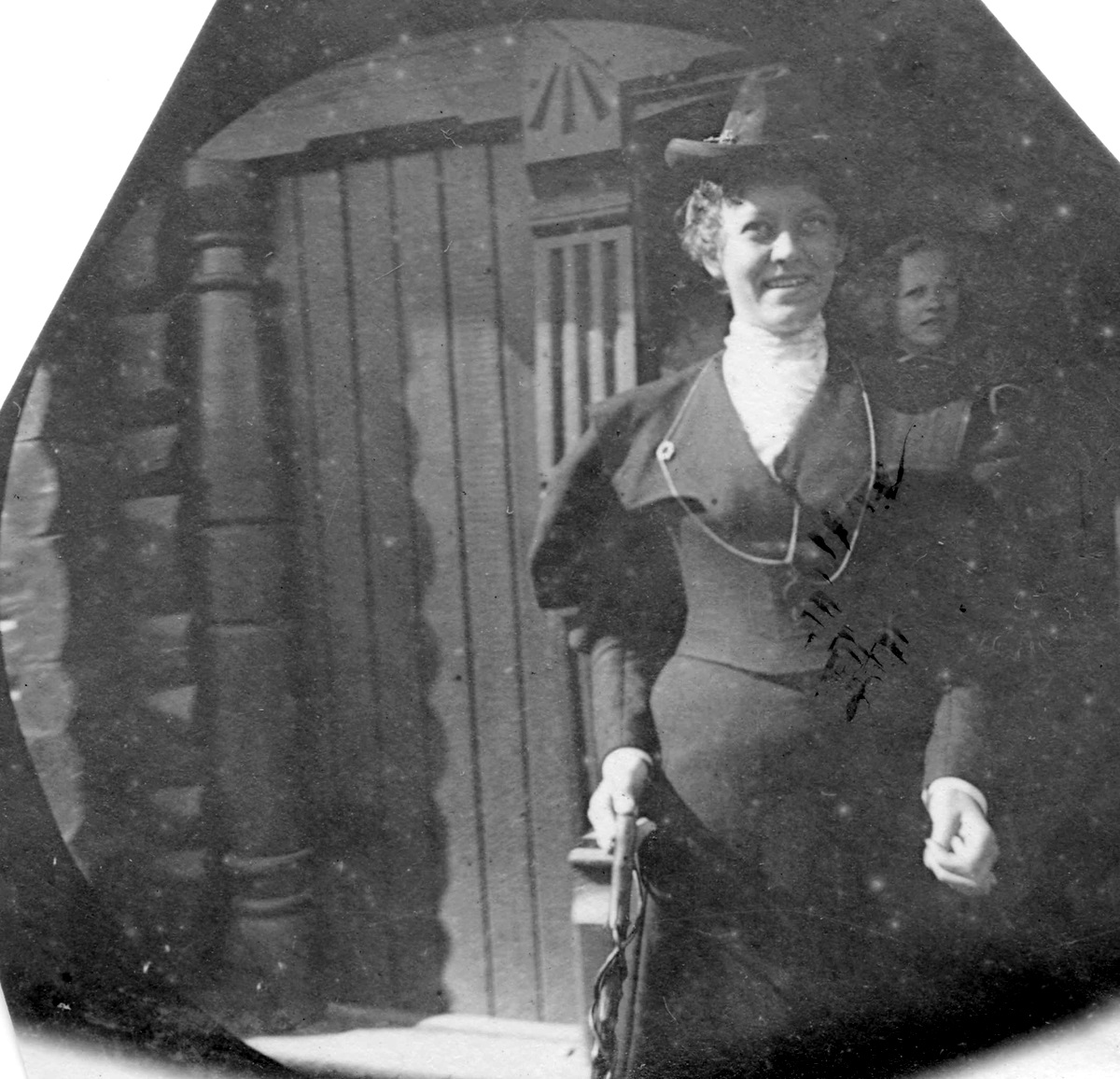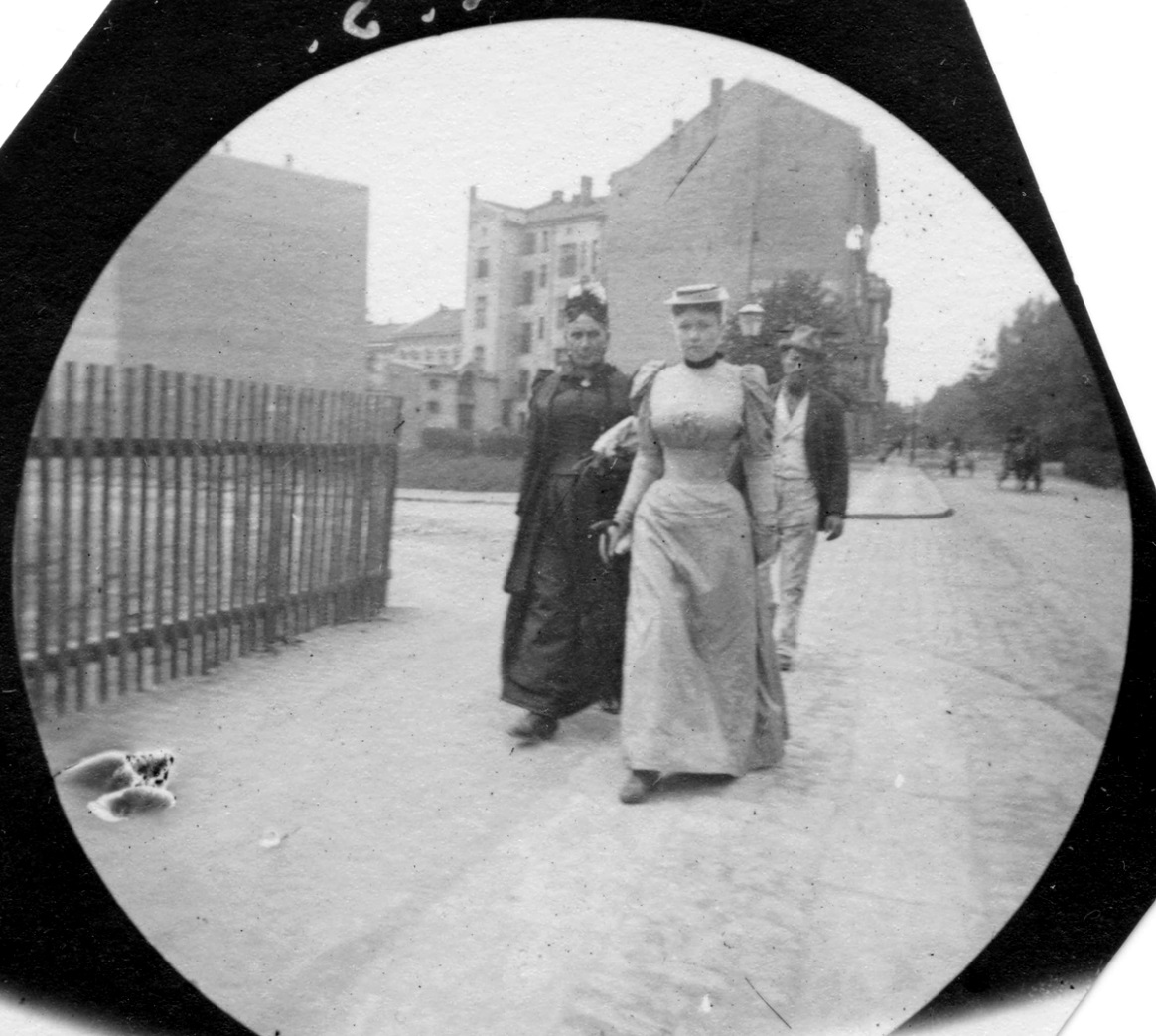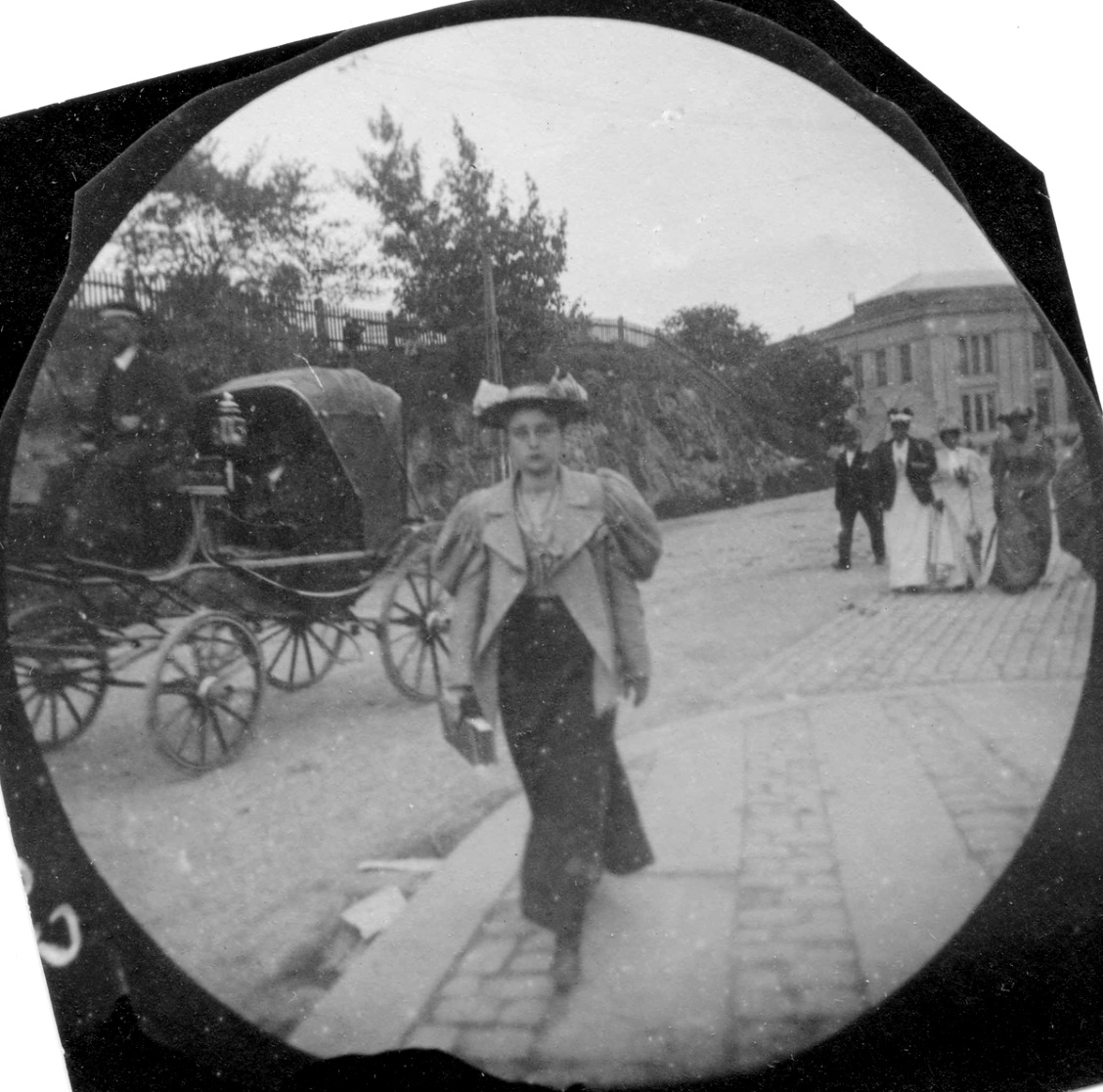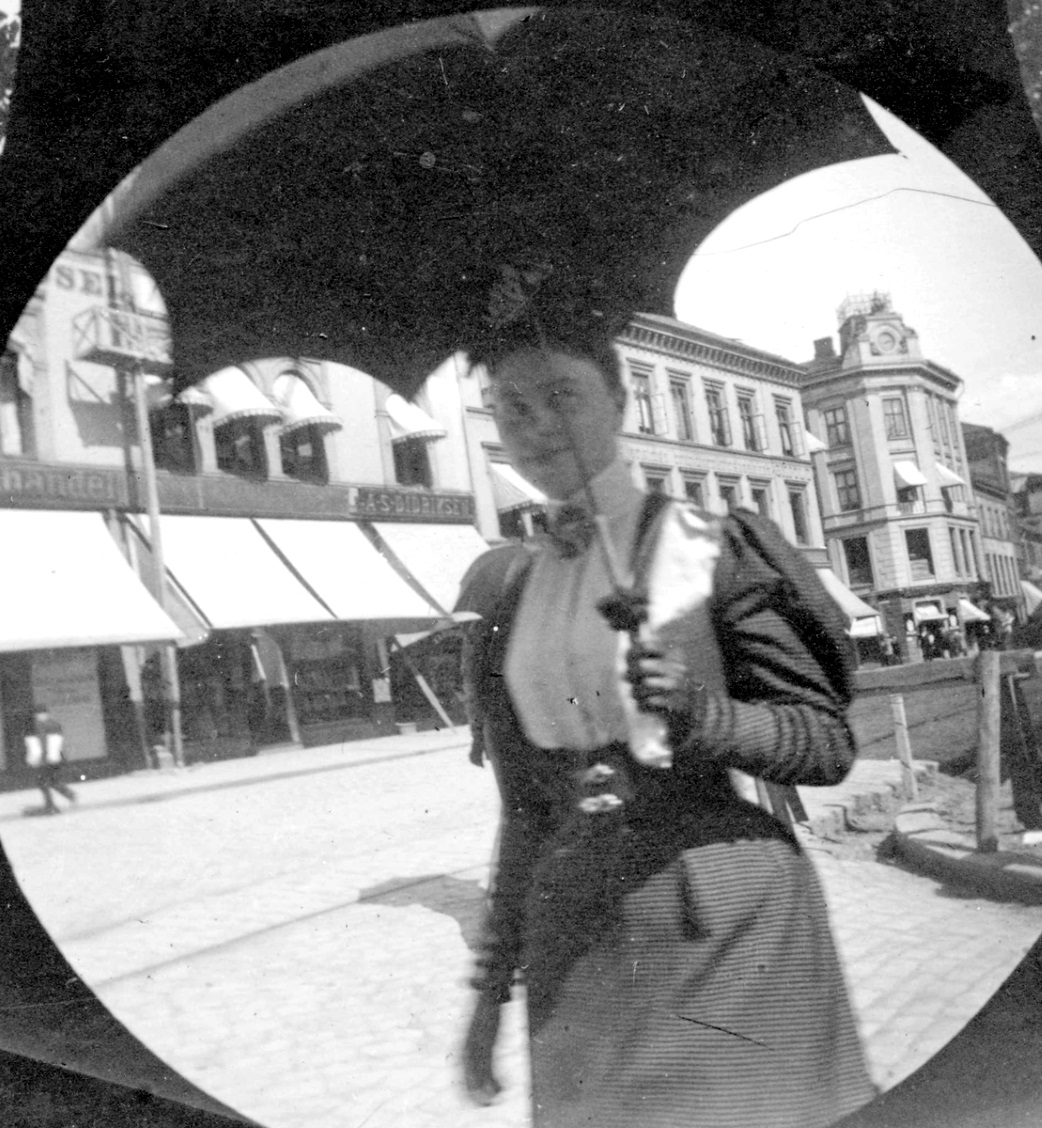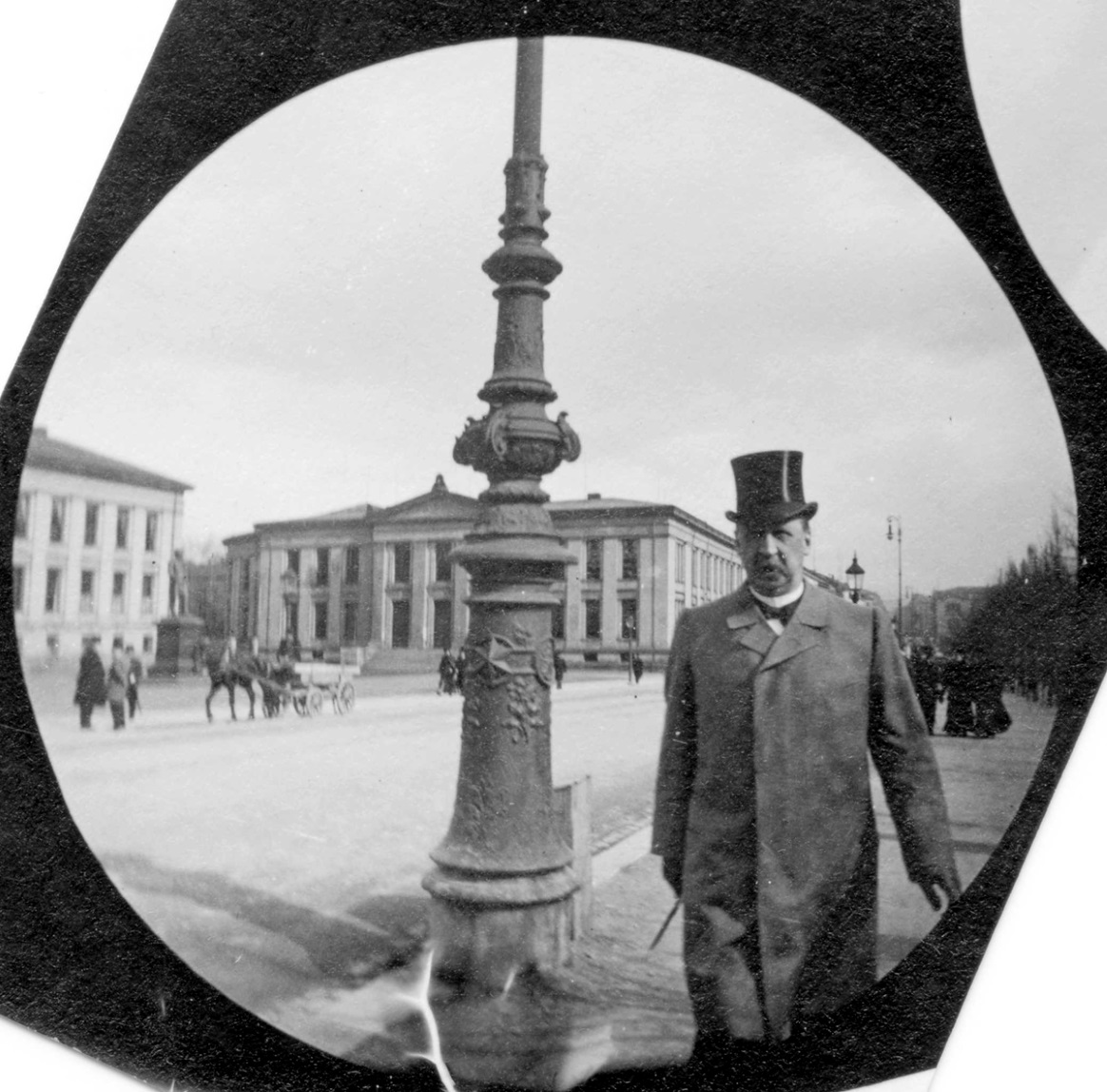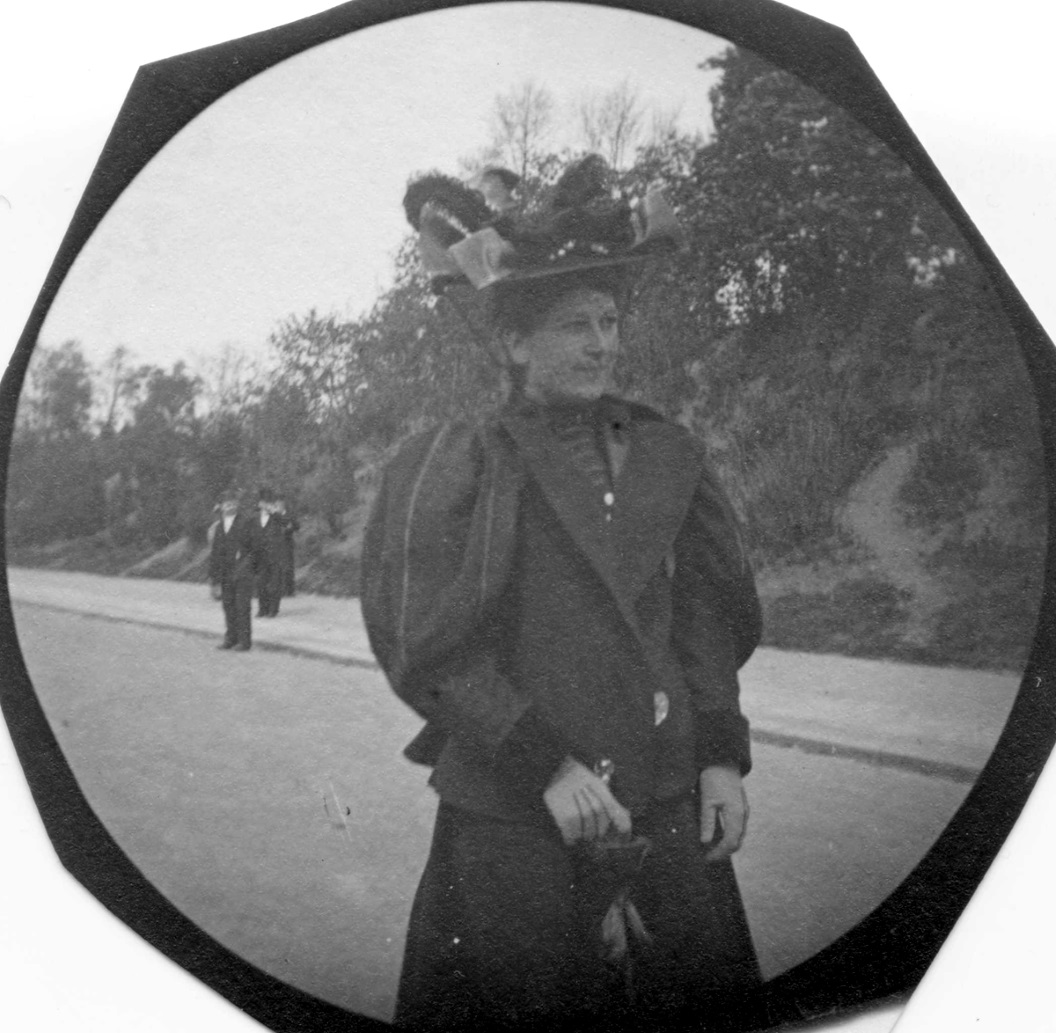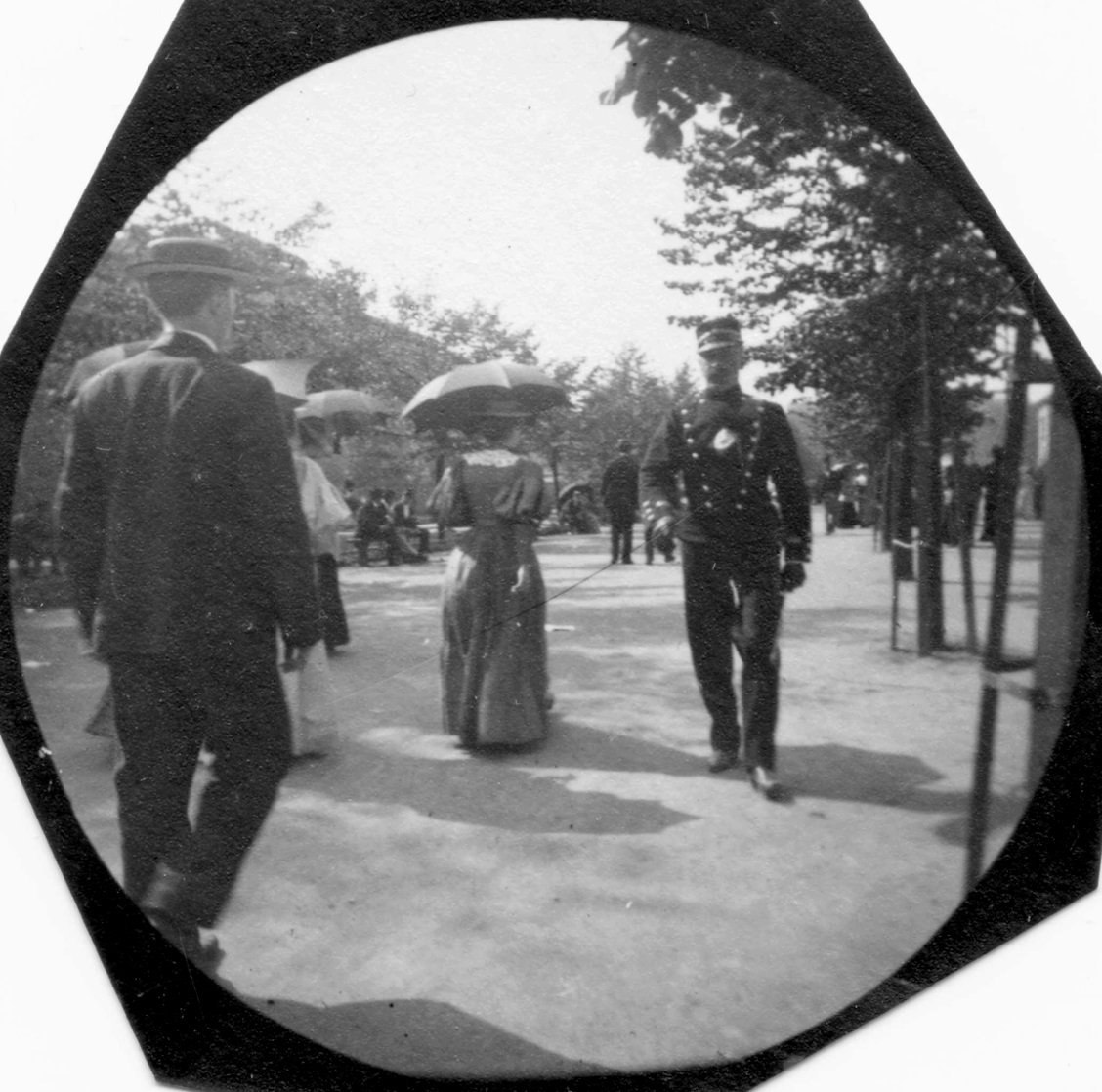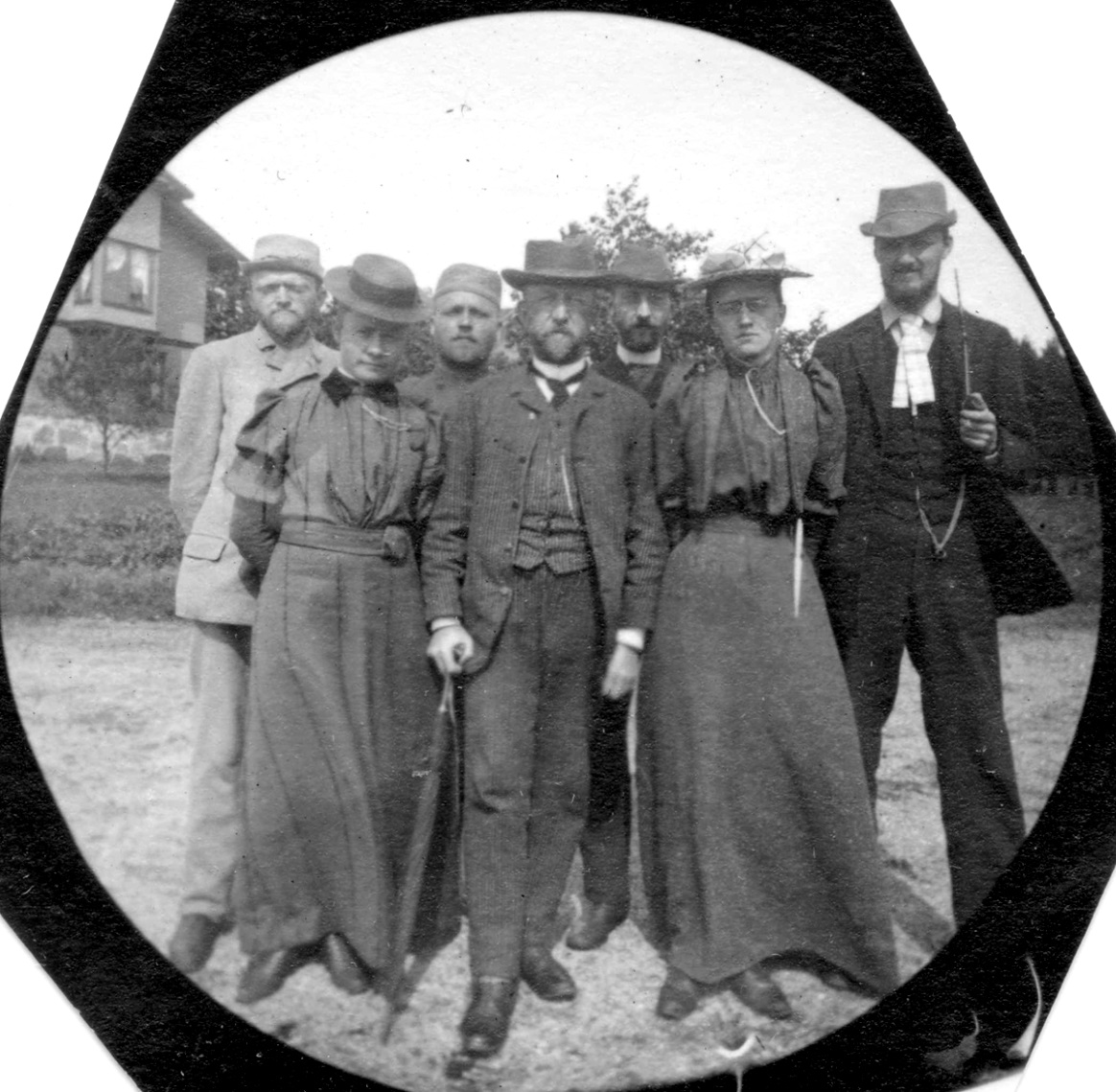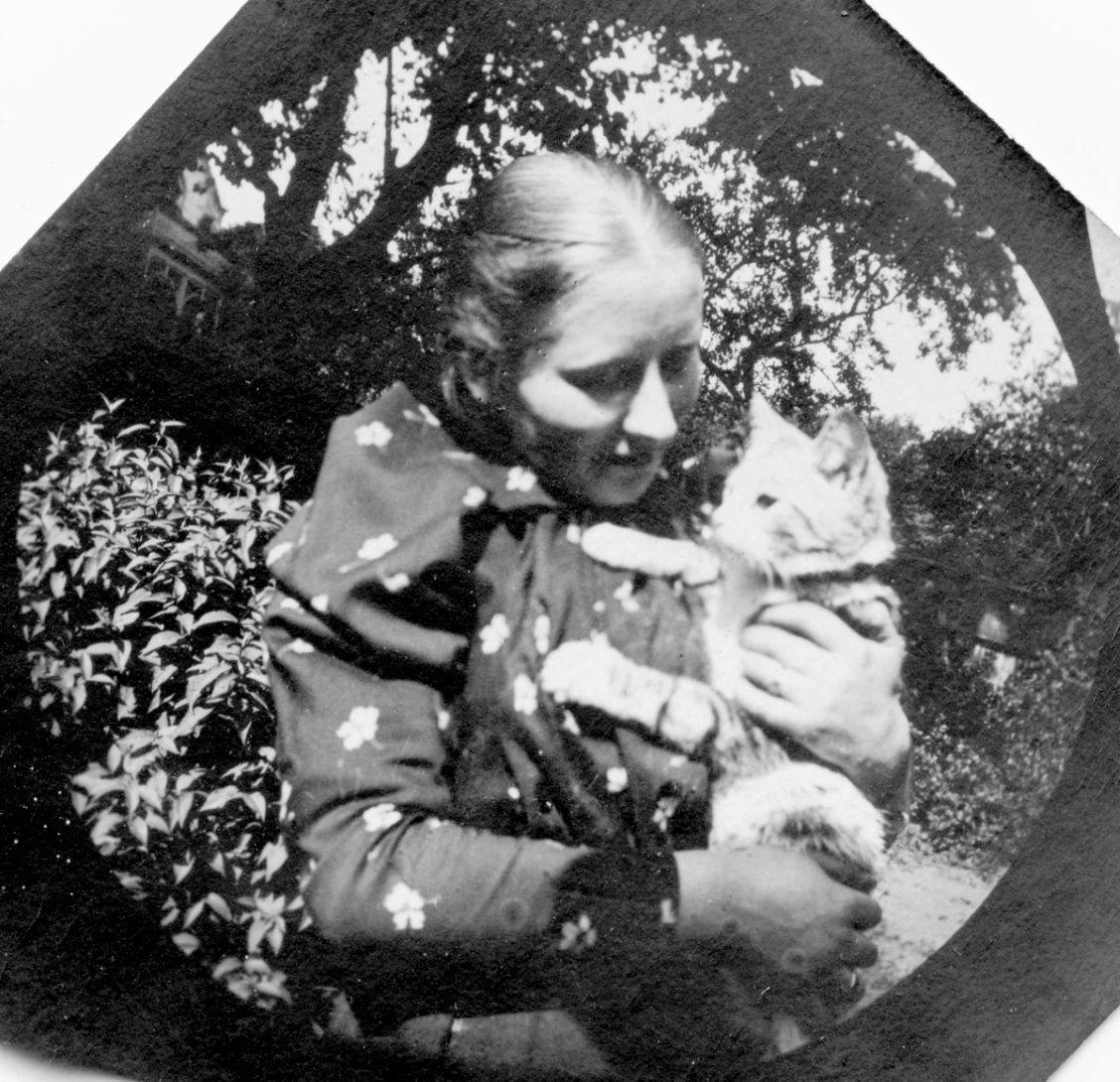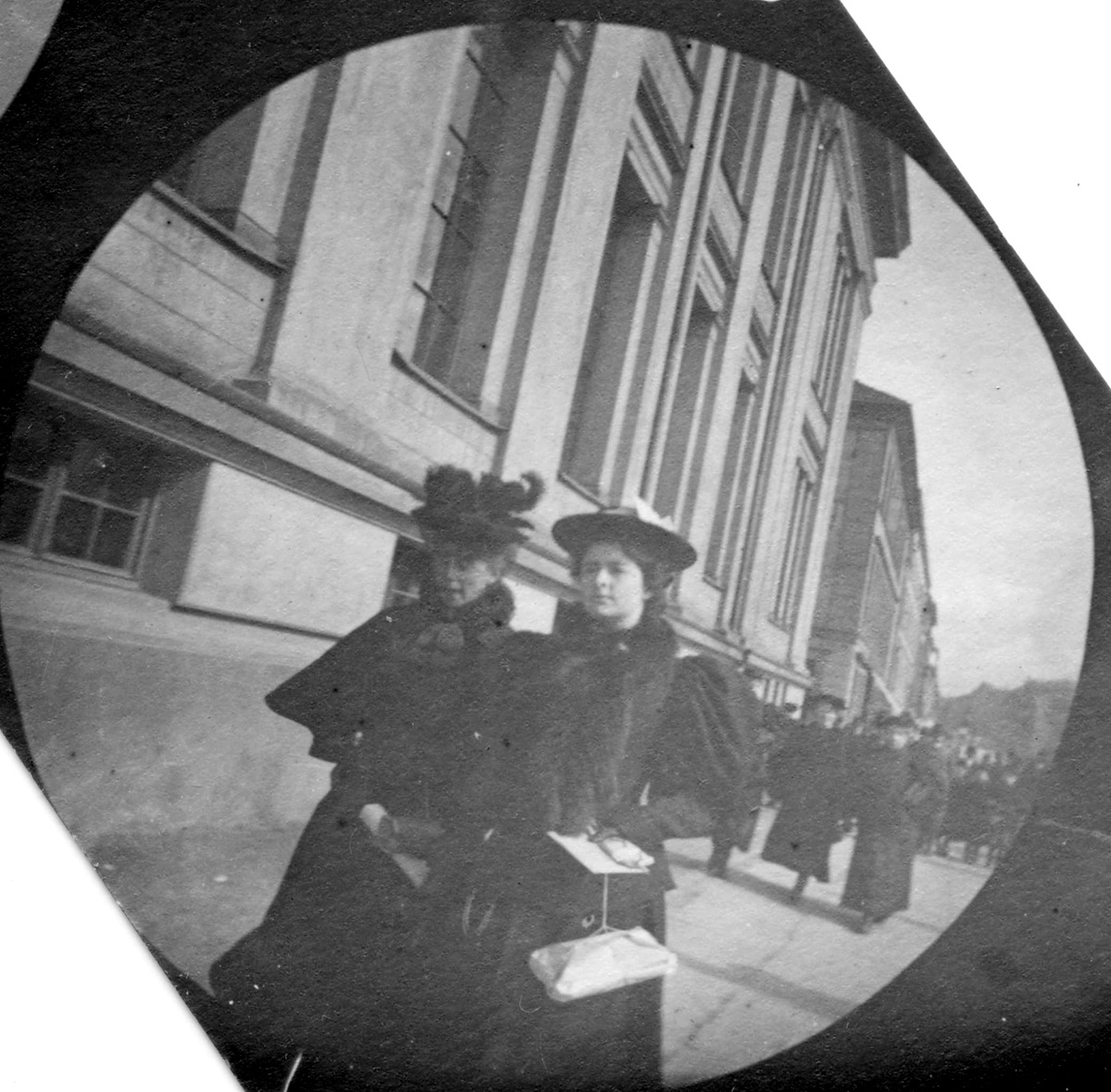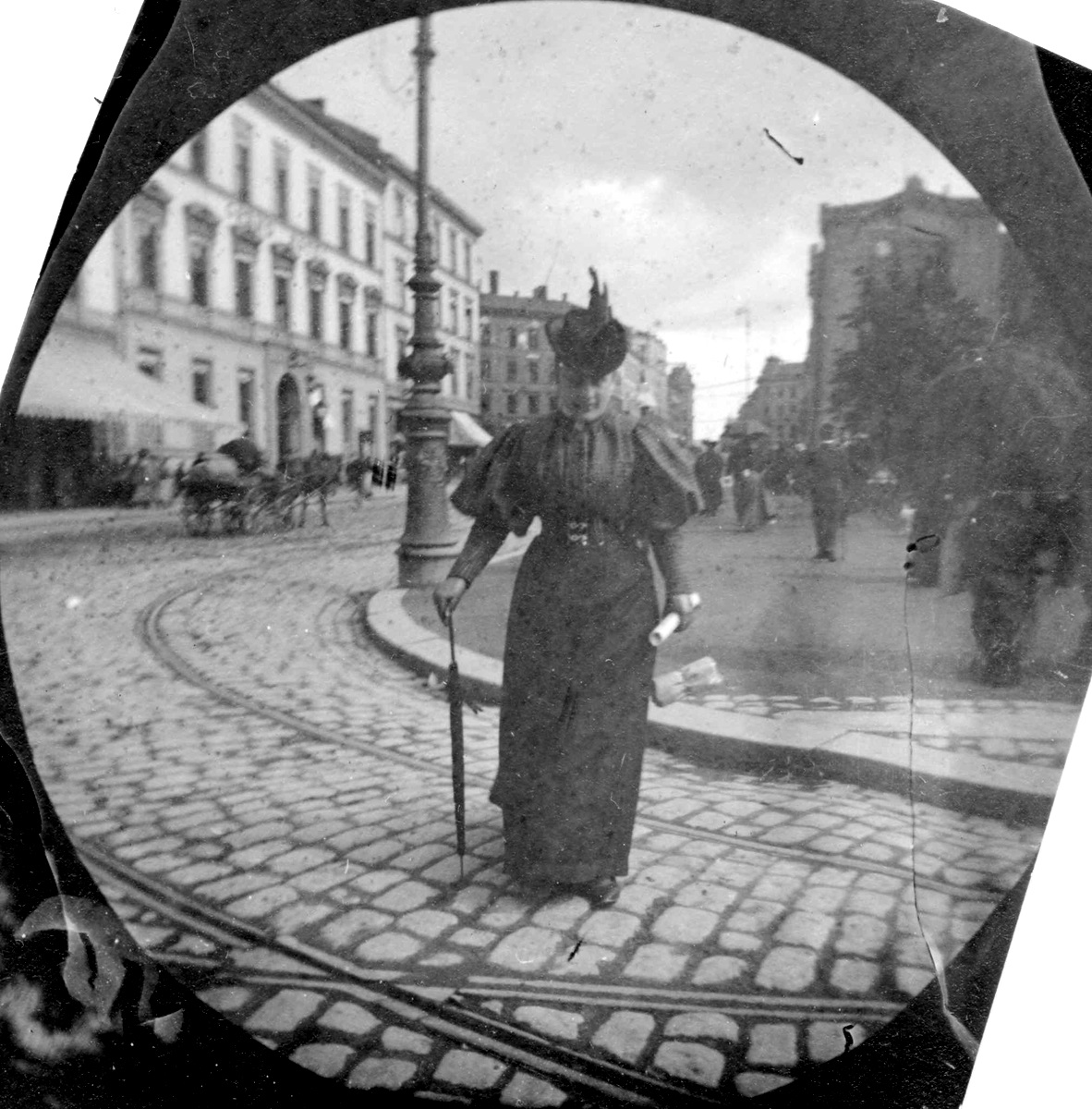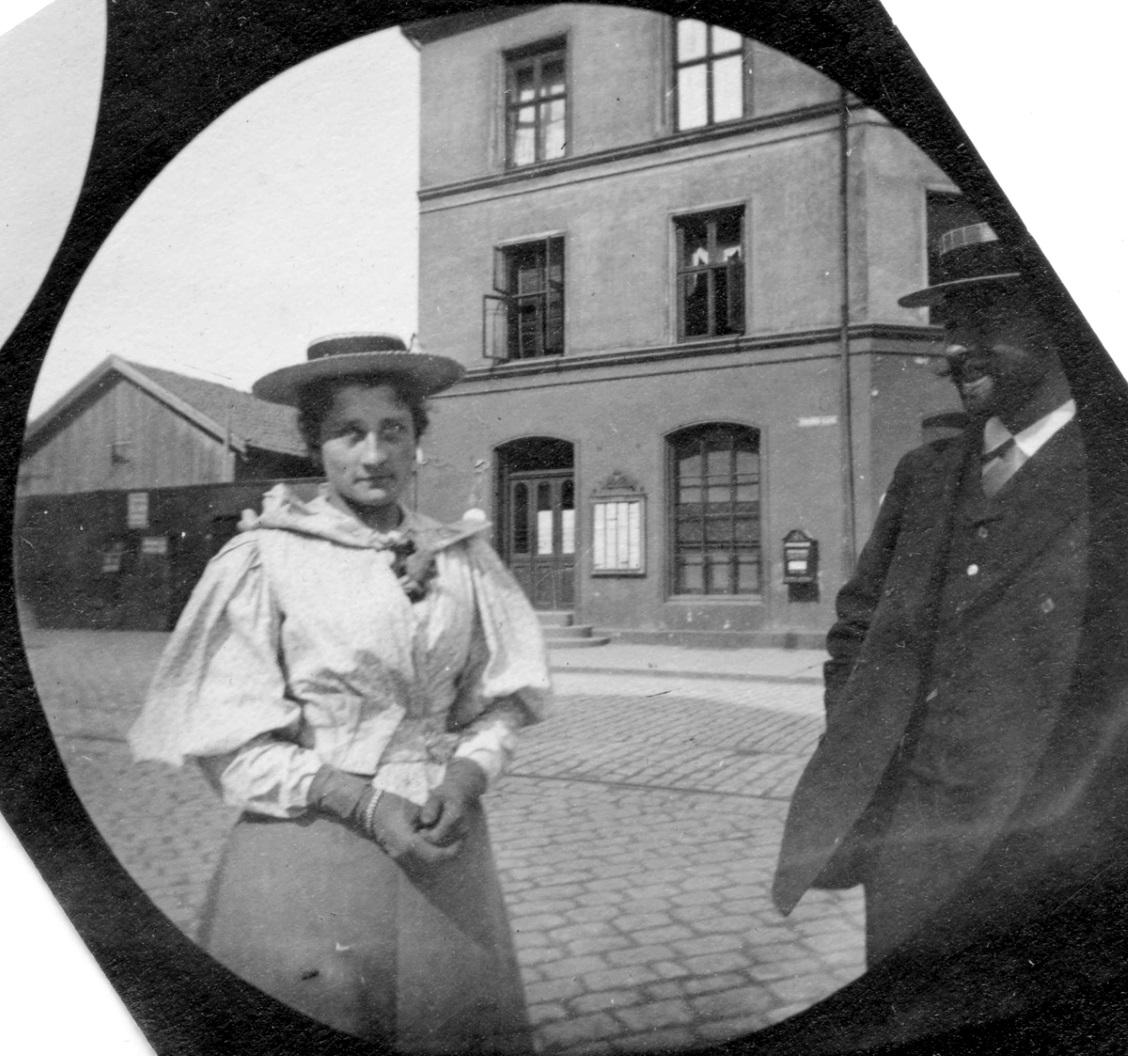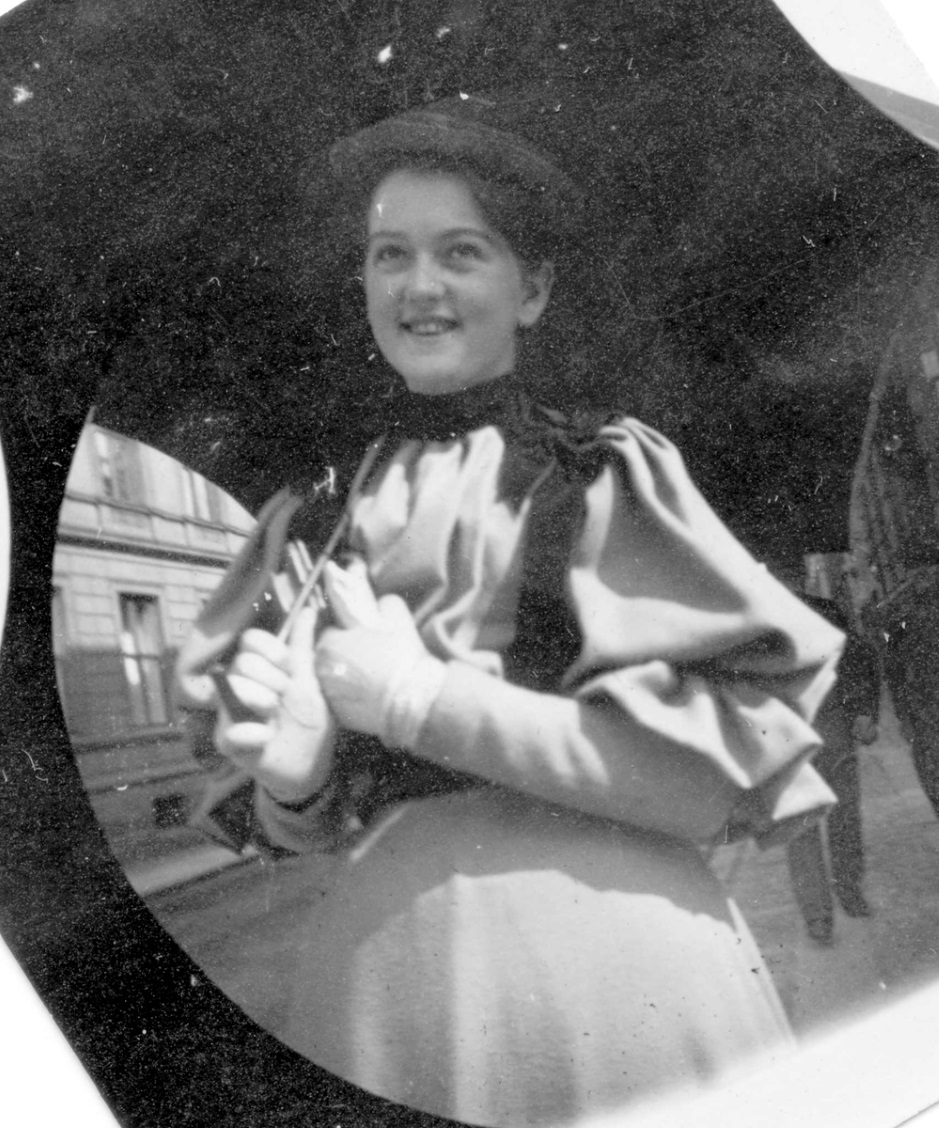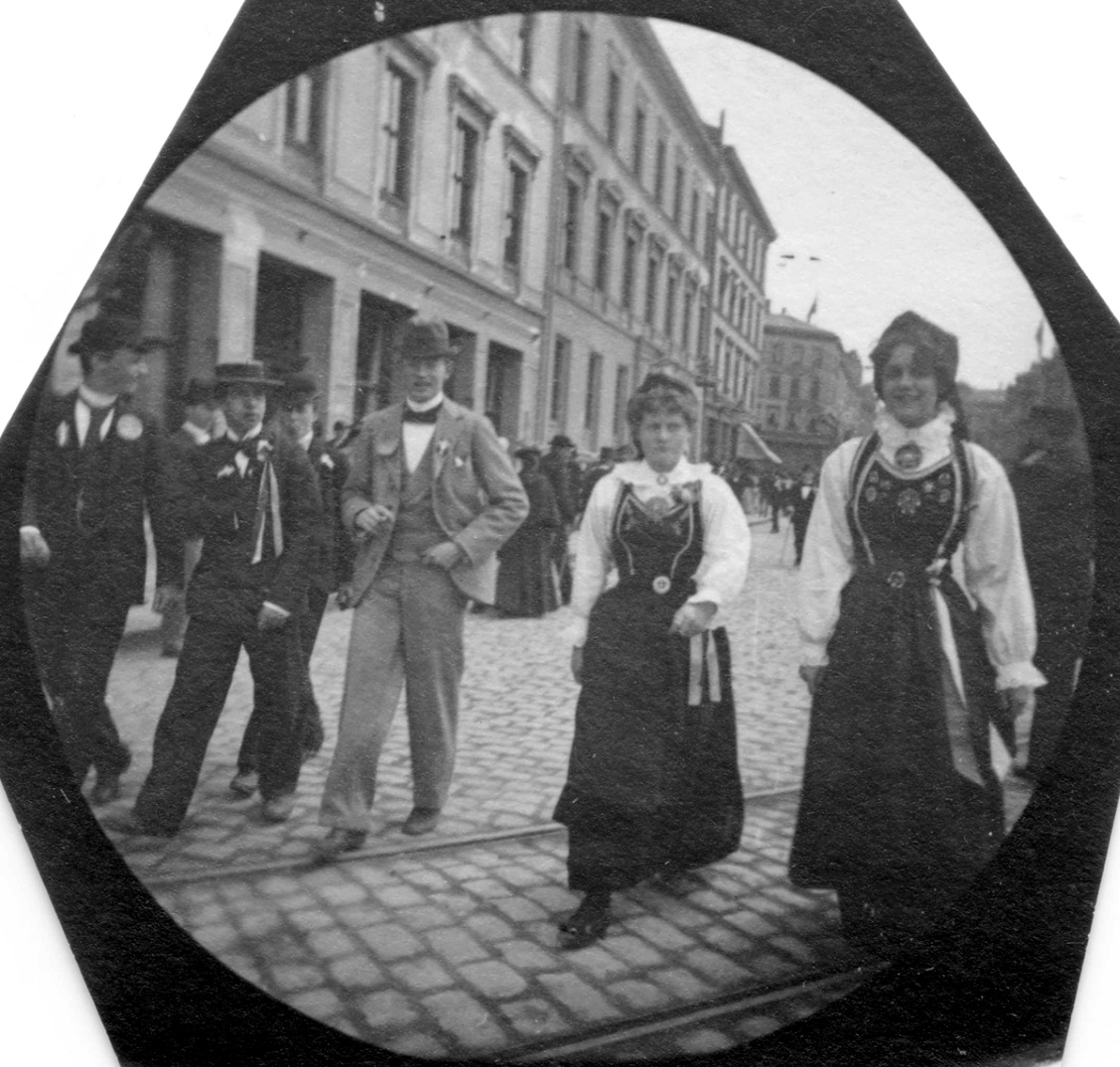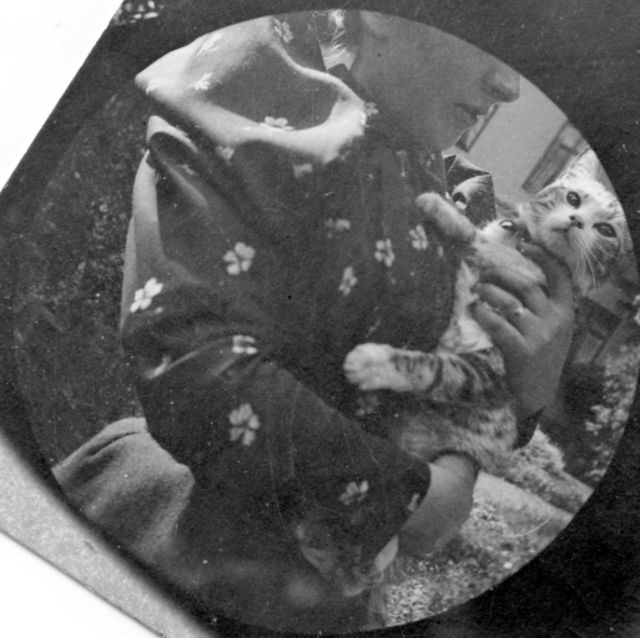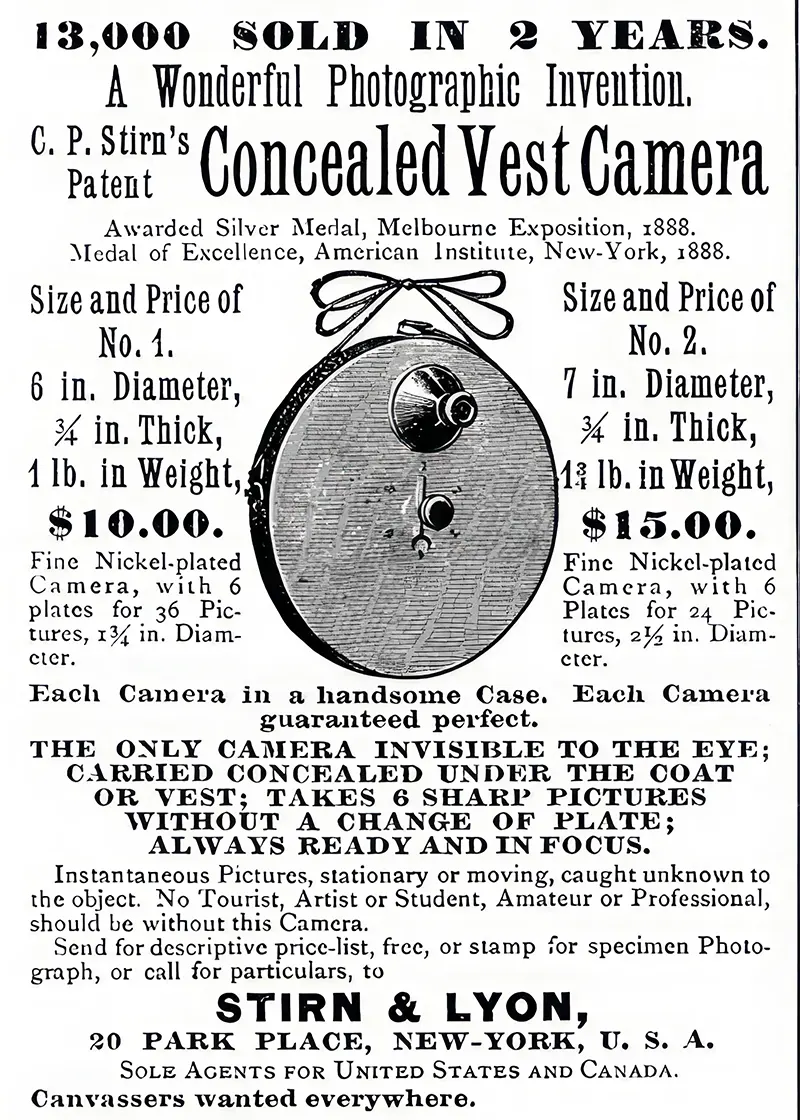He’d wander Oslo’s streets with a cleverly hidden, bulky camera, snapping impromptu pictures of passersby. These snapshots mostly date back to the 1890s when Størmer was just a 19-year-old student at the Royal Frederick University. His tool of choice? A Stirn Concealed Vest Spy Camera, a crafty contraption with a slim lens peeking discreetly through a vest pocket’s buttonhole. Størmer’s photos stand out against the formal, serious portraits typical of that time. Instead, they reveal a fascinating glimpse into everyday life over a century ago. People appear unposed, caught in candid moments, sometimes even flashing genuine smiles, seemingly unaware of the young student capturing these spontaneous scenes. The Concealed Vest Camera, initially invented by Robert D. Gray according to Camerapedia, saw its rights acquired by C.P. Stirn in 1886, with manufacturing handled by his brother Rudolf in Berlin. Available in two sizes—one producing four 6cm wide round exposures, the other featuring a smaller lens funnel for six 4cm wide round exposures—the camera gained widespread popularity. Marketed by Stirn & Lyon in New York, these cameras became a commercial success, selling in the tens of thousands.
Størmer opted for the smaller version of this camera, as revealed in his 1942 comments to the St. Hallvard Journal: “I casually wandered along Carl Johan, found my subject, exchanged greetings, elicited a gentle smile, and snapped away. Six images captured at once, then I’d head home to change the plate.” This future scientist, later acclaimed for his contributions to number theory and recognized as an authority on polar auroras, amassed a collection of approximately 500 such clandestine photographs. Carl Størmer made significant contributions to various scientific fields, including celestial mechanics, optics, and mathematics, but is particularly renowned for his work on the aurora borealis (northern lights). Størmer was a pioneer in studying and understanding the trajectories of charged particles in the Earth’s magnetic field, a crucial aspect of auroral research. His meticulous work involved analyzing and plotting thousands of auroral observations to deduce the paths of these particles. Størmer also played a role in advancing the field of mathematics, particularly in number theory, and was a prominent educator, serving as a professor at the University of Oslo. A crater on the far side of the Moon is named after him.
(Photo credit: Norwegian Folkmuseum / Wikimedia Commons). Notify me of new posts by email.
Δ Subscribe

